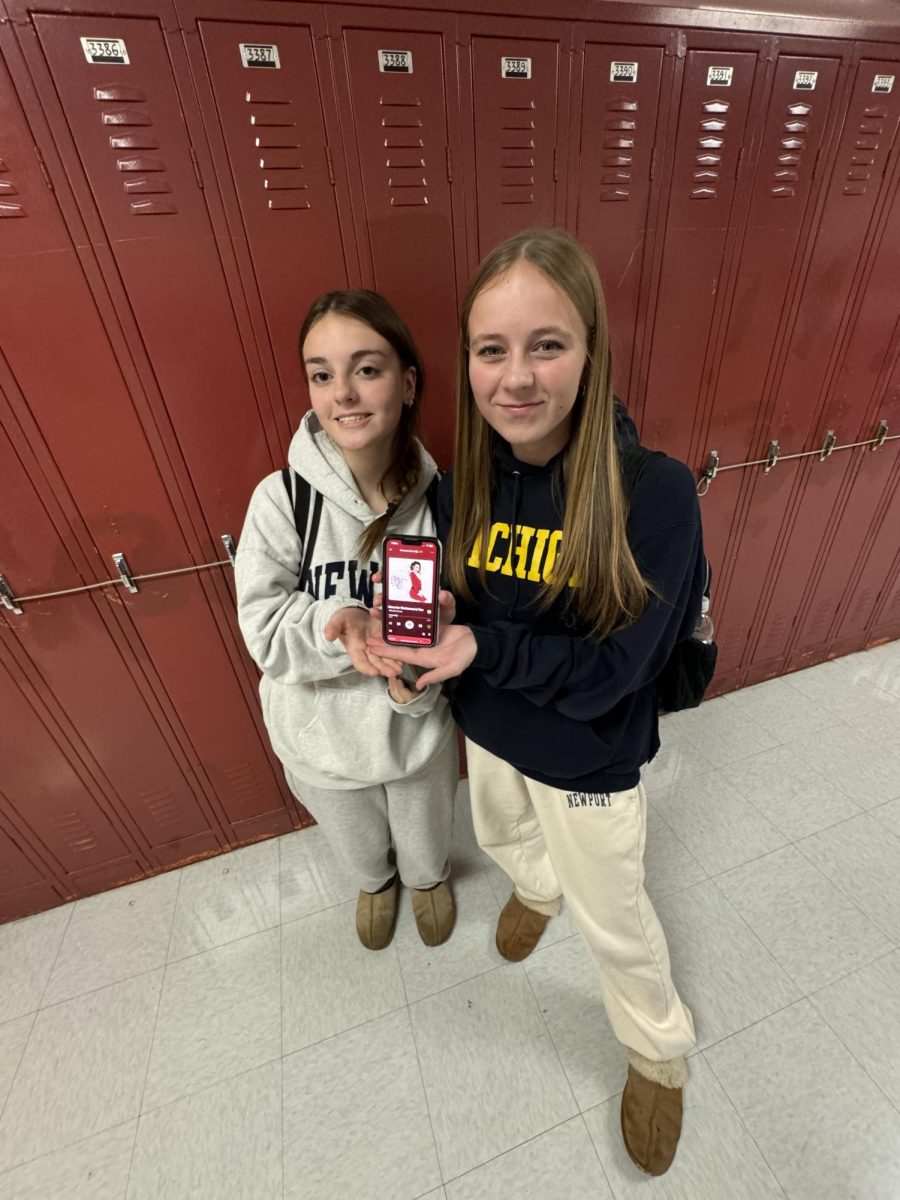Orchard Park prioritizes student health, but yet our everyday snack and drink options in the vending machines do more harm than good. School vending machines are stocked with junk food that contains ingredients that can contribute to long-term health problems. These unhealthy options in the vending machines impact students’ mental performance, negatively impact students’ physical health, and overall can contribute to chronic diseases.
The academic success of students is connected to the things we put into our bodies. It is proven that junk food contributes to mood disorders, like depression, anxiety, and impacts cognitive functions, making it difficult to focus, concentrate, and remember things. Students who consume more snacks during the day are more likely to have lower academic performance and tend to score lower on tests.
“These snacks, often high in sugar, refined carbs, and unhealthy fats, can lead to blood sugar spikes and crashes, resulting in mood swings, poor concentration, and decreased energy,” said Mrs. Lucidi, School Nurse. She explains that making nutritious snacks accessible at school fuels learning, sports, and other activities.
After being told some of these facts, Senior Emily Goldwater, who stays after school frequently and uses vending machines, had a surprised reaction.
“I’m disappointed in myself for choosing these unhealthy options. I had no idea it could be affecting my performance in school. I wish there were healthier options I could choose from,” said Goldwater, with an opinion shared by many others.
These options not only impact students academically, but also physically. Drinks in our vending machines, such as Celcius, Root Beer, Prime, and Iced Tea, are filled with gross amounts of sugar. Sugar contributes to health issues such as weight gain and obesity, which are predicted to double in kids globally by 2035.
Snacks like Cheez-its, Welch’s fruit snacks, and Doritos contain Red 40 and other harmful artificial flavors. These ingredients have been linked to health issues and potential cancer risks. High fructose corn syrup in these snacks increases the risk of diabetes, obesity, and weight gain, as well as other poor health effects.
“How is our school allowing us to put snacks in our bodies that are directly linked to health issues and potential cancer risks? It’s not known enough how bad these snacks really are for students,” said Megan Lux, a Senior who uses the vending machines frequently. Lux’s opinion shows how little students know about the effects of these snacks.
A common excuse for snacks has always been that kids will eat junk food, and it’s ok. Let kids enjoy snacks. This excuse is harming students in every way, physically and mentally. Healthy snacks should be promoted and not something that are substituted with these ultra-processed offerings. Studies have shown that over the past few decades, students are consuming more snacks and calories than in the past. An estimated 1/3 of students are overweight or obese, and 2/3 of students eat ultra-processed junk food and sweets.
“I think students and staff are always looking for healthier options. I have fruit and snacks in my office, and kids more often than not choose the healthy items I have,” said Lucidi. When given more options, kids are more likely to choose the healthy options.
Every day, new ingredients in our favorite snacks and drinks are found to be harmful to us in some way. Students’ health should be our number one priority, and this starts with removing these harmful options from our school.






